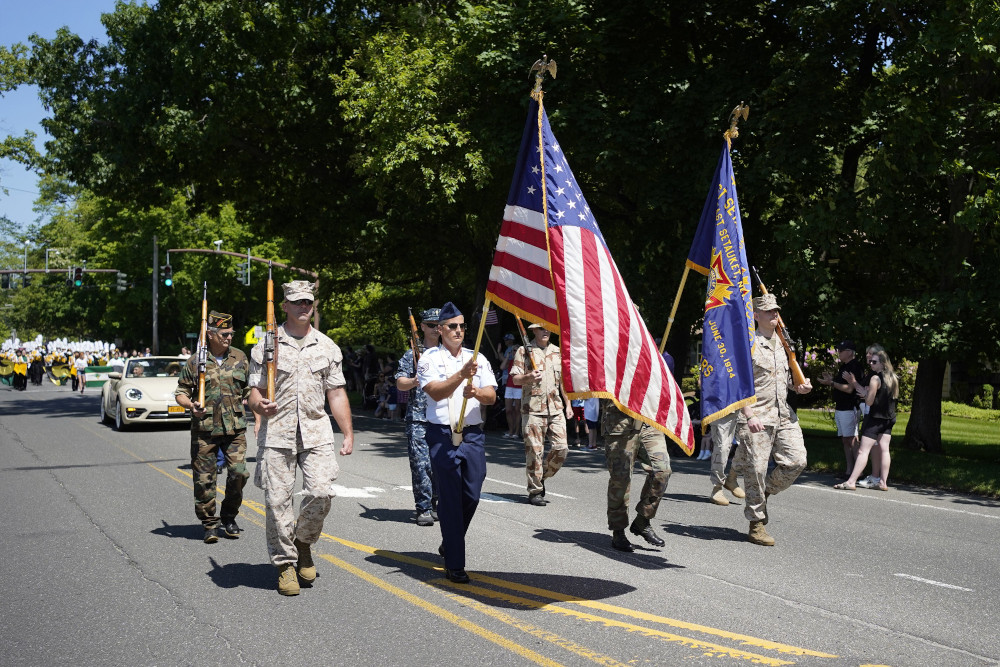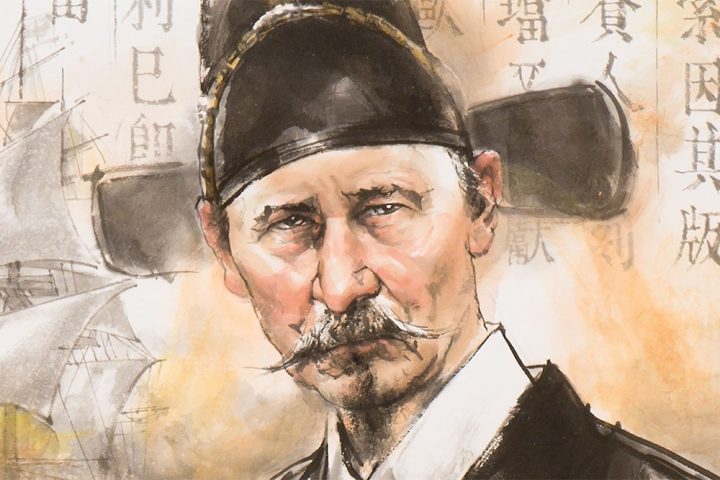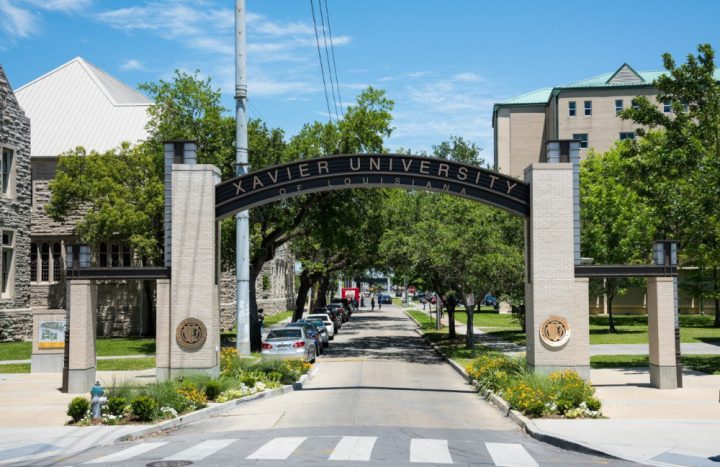
This morning, our town will hold its annual Memorial Day parade. Along Main Street, where the parade will march from the Congregational Church to the town hall, everyone had mowed their lawns and spruced up their hanging plants. The town crew set out American flags on each of the telephone polls that line the route the parade will take. We are ready to remember.
The public ceremony that concludes the parade is minimalist. Someone gives a patriotic speech. The town’s veterans are called upon to be recognized. The flag is lowered to half-mast and a trumpeter plays taps. Some of us will go to Mass at the local cemetery. After the public ceremony, most people turn to familial celebrations: a cookout, the first swim of the year in a pool or a pond, some firecrackers in the backyard at night.
These traditions are good things. At a time when the civic fabric of the nation is frayed so badly by profound polarization, it is good to recall that this holiday began in the wake of the Civil War and to mark the day with civic gatherings.
Our Democratic institutions are the normal means by which we Americans adjudicate our differences. The names on our town’s honor roll are those who fought in the wars of the 20th and 21st century: World War I, World War II, the Korean War, the Vietnam War, the Gulf War, and the wars in Afghanistan and Iraq. In each of these conflicts, the threat to democracy was an external one. Only in our time, is the gravest threat an internal one.
Judge Amit Mehta gave the nation its finest Memorial Day present when he sentenced the founder of the Oath Keepers militia, Stewart Rhodes, to 18 years in prison for his participation in the attack on the U.S. Capitol on January 6, 2021. « You sir, present an ongoing threat and a peril to this country, to the republic and the very fabric of our democracy, » the judge told Rhodes when handing down the sentence.
My Memorial Day observance is one we can all undertake: I reread the Gettysburg Address. For a writer, this is always a profoundly humbling experience. Abraham Lincoln established himself in this short text as one of two leading prose stylists in the 19th century United States, Mark Twain being the other.
Lincoln was dedicating a cemetery at Gettysburg where, months earlier, a three-day battle had left thousands dead and wounded, and which proved to be the high-water mark of the Confederate advance into Pennsylvania. In a military sense, Gettysburg was the pivot of the entire war, as the battle of Stalingrad was on the Eastern Front in World War II or Midway in the Pacific. Before these battles, the Confederate, German and Japanese forces, respectively, had been mostly triumphant; afterward, they only lost battles.
The speech, also, marked a pivot. At the beginning of the war, Lincoln made it clear that the preservation of the Union was the sole war aim. In 1862, in a letter to Horace Greeley, the president famously wrote: « If I could save the Union without freeing any slave I would do it, and if I could save it by freeing all the slaves I would do it; and if I could save it by freeing some and leaving others alone, I would also do that. »
In the event, with the issuance of the Emancipation Proclamation, he took the third option, freeing some slaves and not others. Freedom for all the slaves would only come with the ratification of the 13th Amendment in 1865, after the war had ended and Lincoln had become a martyr for the cause. As we 21st century Americans have come to learn, the struggle for freedom continues even unto our own time.
A little over one year later, as he mounted the rostrum at Gettysburg, the paper in his hands articulated a revised war aim:
Four score and seven years ago, our fathers brought forth on this continent, a new nation, conceived in Liberty, and dedicated to the proposition that all men are created equal. Now we are engaged in a great civil war, testing whether that nation, or any nation so conceived and so dedicated, can long endure.
Other phrases are the stuff of rhetorical genius. « New birth of freedom. » « The last full measure of devotion. » « Government of the people, by the people, for the people. »
Today, I will read that text. I shall probably do so several times. In between, I will go to the parade, weed the garden, light up the grill and cook some ribs. And I will think of how many people have given their lives in war that we Americans today should be as free as we are. I shall pray that the good Lord will visit confusion upon the enemies of freedom, especially enemies of our American democracy.
And I will thank God that in the greatest crisis of American history, we found a leader like Abraham Lincoln, whose words matched his will and wisdom, and who left us the finest, purest statement of what America, at its best, is all about.



